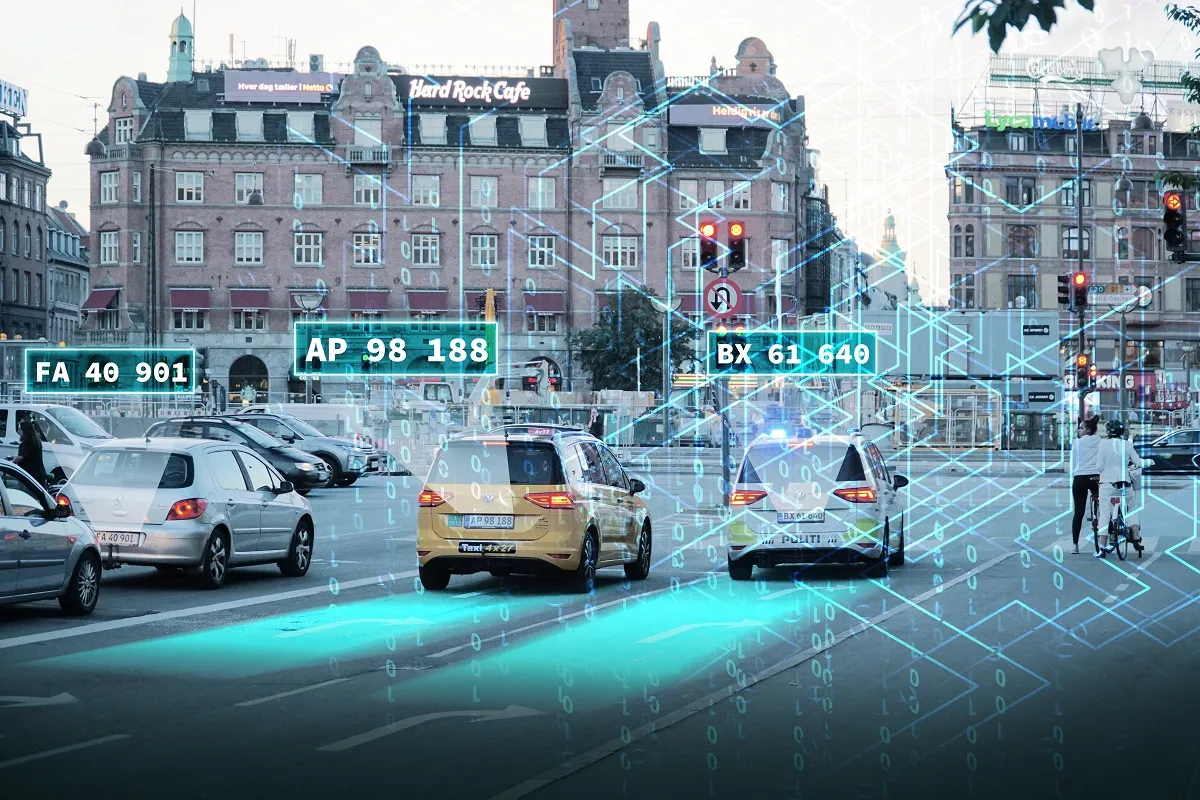
Neology and ITS Teknik have picked up more automatic number plate recognition work for Sund & Baelt, a major Danish transportation and infrastructure operator.
As part of the five-year €10 million framework contract, Neology’s platform, based on the CAZaaS (Clean Air Zone as a Service) solution, will detect vehicles entering five low-emission zones on a 24 hours-a-day basis.
Other goals are mobile enforcement solutions to be used in both urban areas and on higher density roads like highways and main roads outside the city.
The mobile enforcement solution is to be mounted on a vehicle roof and is capable of capturing data on surrounding and passing vehicles while moving or in a stationary position.
There will be a section based speed-measuring system with the capability to measure the average speed over a specific road distance by identifying a vehicle on the section entrance and exit.
A Weigh in Motion system will control traffic loads allowing high-speed weight measurement of mainly heavy good vehicles.
“We are pleased to work again with Sund & Baelt on such strategic transportation initiatives, providing high quality ITS services and solutions with our consortium partner Neology,” said Per Hedelund, chief executive of ITS Teknik.
“The Sund & Baelt contract builds upon years of experience delivering tolling and enforcement solutions across the world, including some of the largest tolling, congestion pricing and emission zone project,” noted Luke Normington, managing director of Neology.









